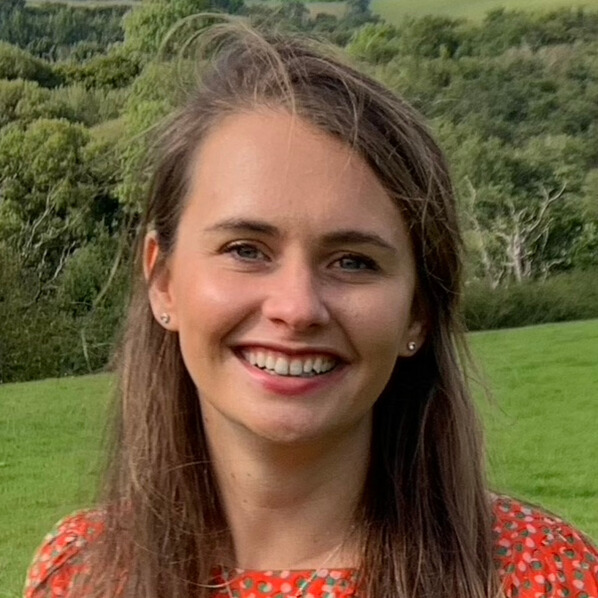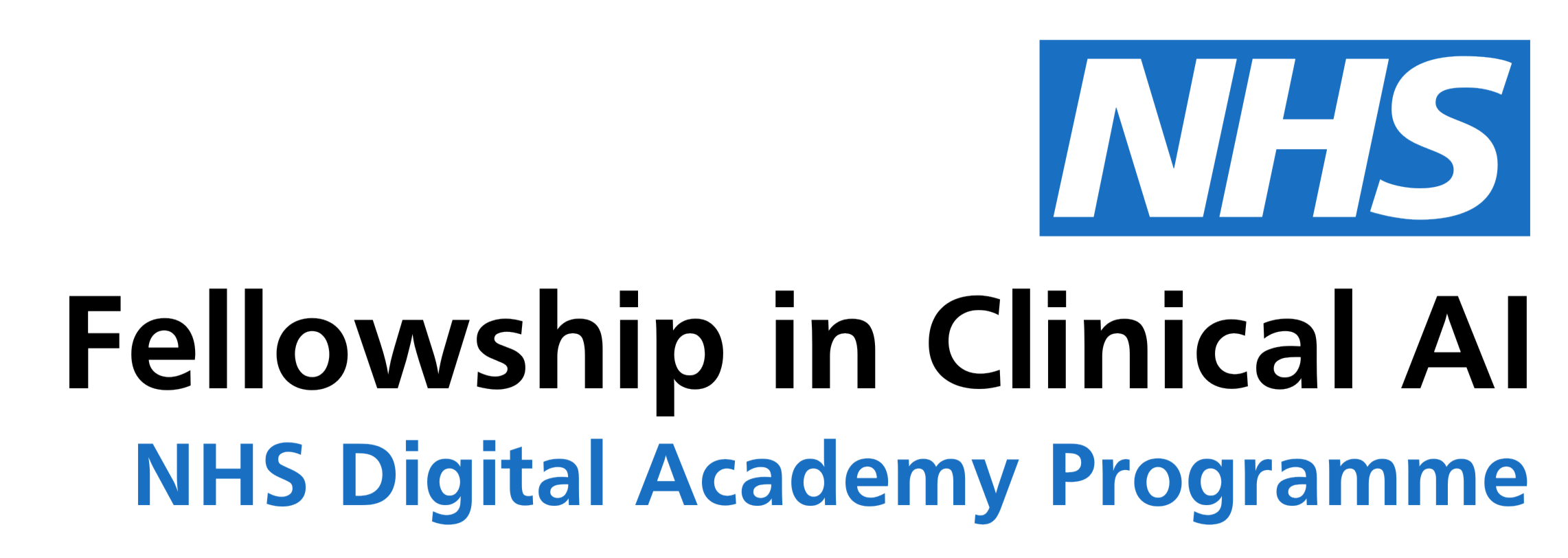
Katherine Mackay
Fellow in Clinical AI, Cohort 3
Fellowship Bio
I am a Clinical Oncology trainee who is passionate about the potential for AI to transform cancer care. I have completed an MD at the ICR, with a project developing an auto-contouring system for cervix cancer radiotherapy. I was lead author of the RCR’s guidance for auto-contouring in radiotherapy.
Fellowship Project
Evaluating auto-contouring systems in radiotherapy planning pathways
The Royal Marsden NHS Foundation Trust
Radiotherapy requires careful planning, to ensure enough radiation is given to cancerous “target” areas, whilst minimising the amount of radiation given to healthy tissues. To do this, clinicians draw around target areas to receive radiotherapy as well as areas to protect (organs at risk) on CT scans – a process known as contouring. This can be time-consuming, and can vary depending on the clinician performing the contouring. Auto-contouring systems are deep learning algorithms capable of contouring these structures on planning CT scans. It is hoped these systems will save time and improve contouring consistency. Auto-contouring systems are currently being deployed for more simple anatomical structures. The systems are not yet widely used for target volumes, especially in tumour types such as cervical cancer, where clinical decisions are required to decide what to include in the target volumes. Evaluating the accuracy of target volume auto-contouring has previously been challenging, as traditional evaluation metrics do not capture if the auto-contour is clinically acceptable or not. This project has evaluated a novel nnU-Net for cervical cancer auto-contouring. I have evaluated how auto-contours for target volumes for cervical cancer compare to acceptable variation between different manual observers, using a variety of methods, to assess clinical acceptability. The project has explored how this system could be deployed in a clinical pathway and further work is ongoing to establish this. In parallel, I have worked with the physics team to develop quality assurance methods to detect automation bias, an important risk of auto-contouring. This has been performed to monitor auto-contour editing for organs at risk generated by a commercial system deployed in our department.
Fellowship Testimonial
The NHS Fellowship in Clinical AI has been an amazing opportunity and I feel honoured to be a part of cohort 3. The monthly workshops have been of fantastic quality and were a real highlight of the year. I now feel I have a much more confident understanding of the intricacies of AI deployment throughout the life cycle, as well as a better foundation in the applications of different types of AI (from LLMs to computer vision image segmentation systems). Learning from others further along in their clinical AI journeys has also been invaluable, especially hearing the lessons learned from centres with large AI clinical networks already in place. The successful deployment of clinical AI is reliant on a team of multi-disciplinary professionals, and going forwards all trusts would benefit from establishing these networks. The fellowship has also been a fantastic opportunity to meet with other like-minded clinicians, across a range of specialties. I feel so grateful to have joined this network, where I hope we can continue our shared learning going forwards. Beyond the fellowship, I will be continuing to work on our project developing auto-contouring systems and I will continue as a member of the Royal College of Radiologists Clinical Oncology AI working group. I will soon be looking for Consultant posts and I will be looking for ways to continue my clinical AI work alongside this, inspired by what I have learned from the fellowship.


